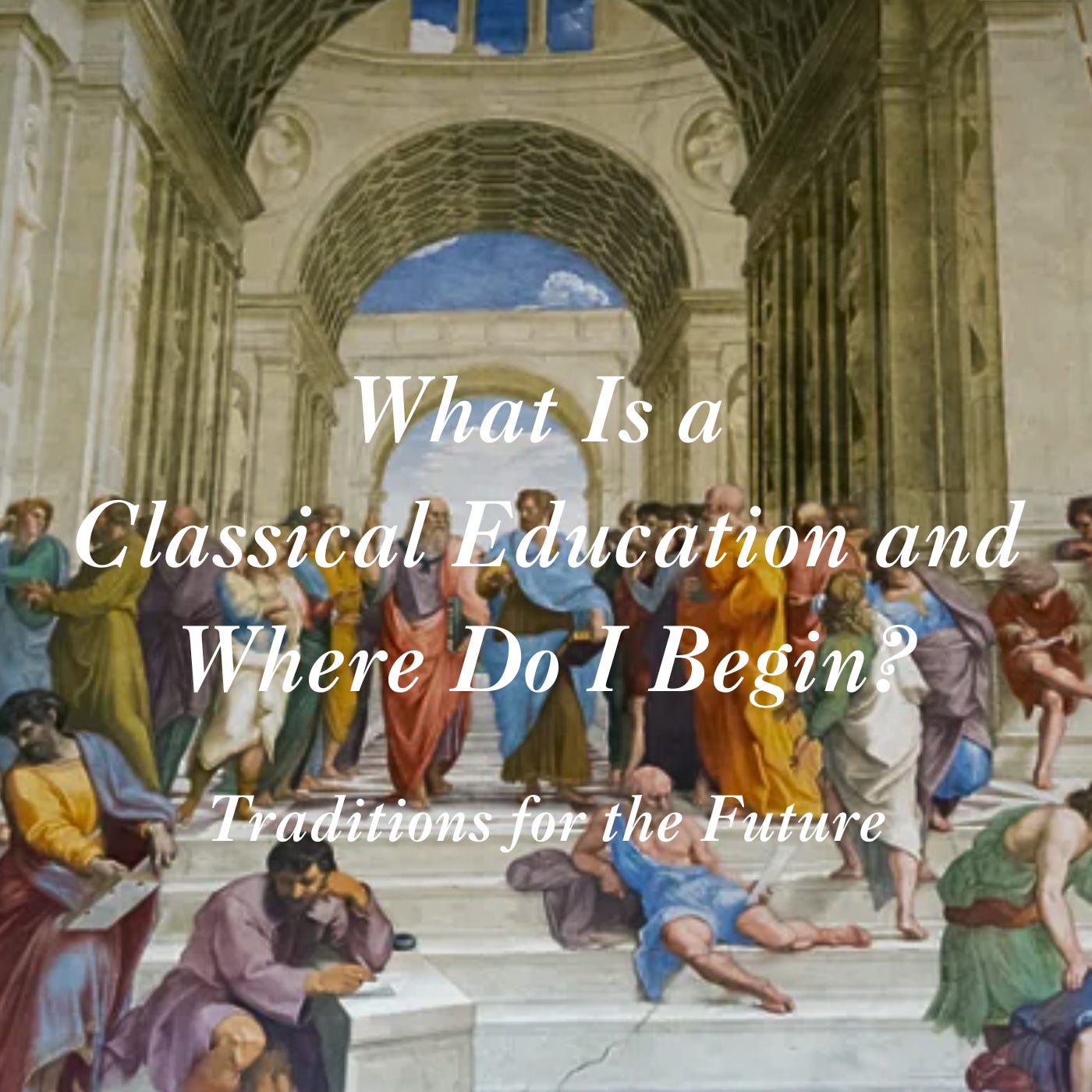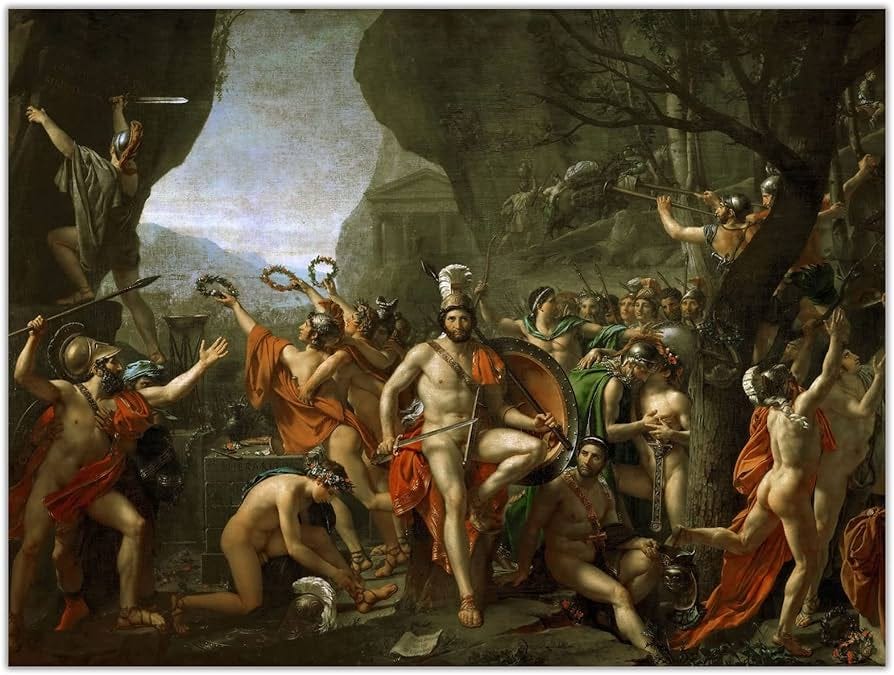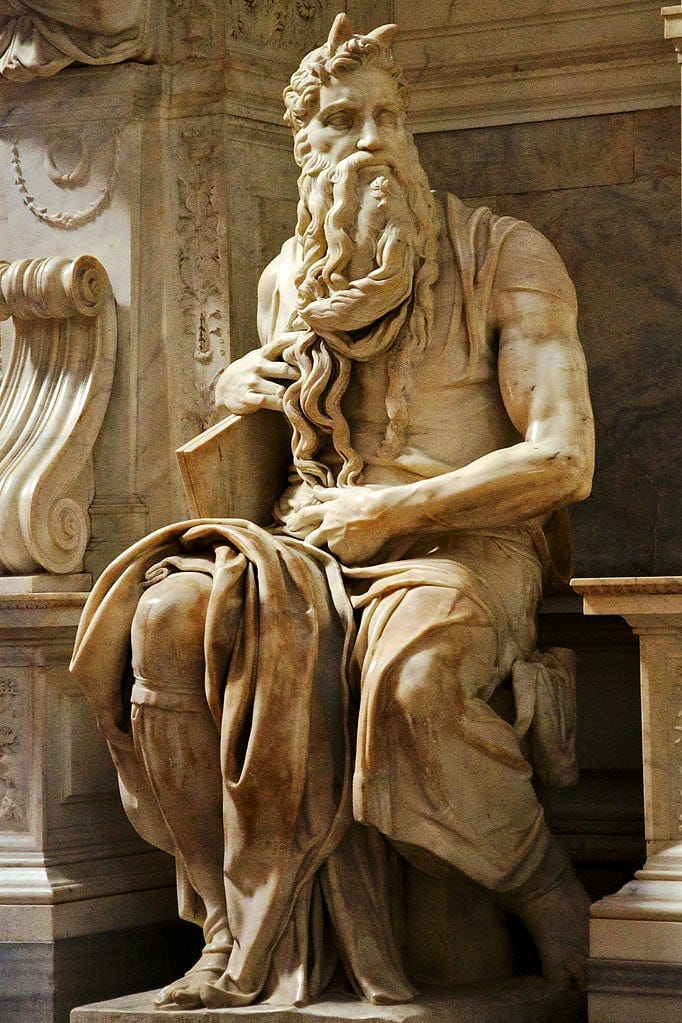What Is a Classical Education and Where Do I Begin?
Becoming Wise and Virtuous
Education is a sour topic in Western culture today. Our institutions have failed us, yet we still go to them. We blame them for the poison that we still drink.
Classical education has been on the resurgence since the early 2000s, and has gained traction particularly in the last few years. The thoughts and methods have been attractive to those who never received one, including myself.
In this article, I tell you what a classical education is, and recommend what to read to jumpstart the process of classically educating yourself.
What Is It?
The world is full common words that have a spectrum of assumed definitions. For example, the word “faith” means two different things between a Protestant and a Catholic. Even though the word is commonly used, rarely are the definitions given and distinguished. The same is true for a “classical education”.
Classical Conversations defines it as “three distinct phases: learning the words and basic facts associated with the subject, sorting, understanding, and practising using those words and facts, and finally, using the information by teaching the subject to someone else, writing original essays on the subject or solving problems with the information.”1
Memoria Press says that it is “the cultivation of wisdom and virtue through meditation on the Good, the True, and the Beautiful. This is accomplished in two ways: first, through training in the liberal arts; and secondly, through a familiarity with the great books and the great thinkers of the Western tradition.”2
And the Charlotte Mason approach is the “belief that the child is a person and we must educate that whole person, not just his mind. So a Charlotte Mason education is three-pronged: in her words, ‘Education is an Atmosphere, a Discipline, a Life.’”3
Each of these definitions vary in the particulars, but all agree that classical education is a literature-heavy way of instruction that seeks a strong foundation of knowledge in order to build virtue. Wisdom and noble character are to be attained from the thorough the understanding of history, the love of art and music, and abilities in math and science. This coveted aim is achieved via the mastery of wrangling the mind and the affections.
The Greeks and Classical Education
The long standing history of classical education has its origins in the Greeks. Young boys began with the basics of mathematics, reading, writing, good morals, and wrestling.
As they entered in secondary school, the students deepened their knowledge of literature and mathematics, and introduced themselves to law and politics. For literature, each pupil would read the poets Homer, Euripides, and Menander. In mathematics they studied arithmetic, geometry, astronomy, and harmony (“the theory of the numerical laws regulating intervals and rhythm”).4
It was in higher education that the student would have civic and military training for two years. Afterwards, he finished his studies with science, philosophy, and rhetoric.
Where To Begin?
There are many people who talk about classical education philosophically and there are many homeschooling mothers who discuss how to teach a child. That is not me.
I am here to equip you. I am here to show you what to do to classically educate yourself. These are the books and places I recommend that you explore, if you never had the chance, like me.
Literature

The Iliad by Homer
“This is a great starting point in Western literature. Homer’s epic tells the tale of the fabled Trojan War. Achilles has his prizes taken away from him by his fellow Greeks. In his anger, he vows not to fight in the war any longer. Because of this the war falls into greater tragedy at the cost of good, honorable men. The events that transpire leads Achilles out of his tent to fight with unbridled rage.” - from The Traditions for the Reading List, a free ebook for every subscriber.
Romeo and Juliet by William Shakespeare
“This is where I began. It is the most famous of them all. You already know what happens. Very easy plot where two lovers are separated by a multi-generational family dispute, and it ends in tragedy (of course).” - from my article Where Should You Start With Shakespeare?
History
Histories by Herodotus
Herodotus is the first Western historian. It is by him that we know the story of the Persians attempting to invade Greece. He records the history of Egypt, the lives of the Persian emperors, the 300 Spartans at Thermopylae, and the victory of the battle of Salamis. This is where I started. Start here.
Plutarch’s Lives
Plutarch has been read for millennia. In these biographies he displays the virtues and vices of history’s greatest influences from the Greeks and Romans.
These biographies have been used to display noble character and wicked deeds. They are not only important historical records but piercing displays of men.
Poetry
The Complete Poems by John Keats
This Romantic poet is one of the best ever, but is so accessible. His poems are high and supreme, but presented with child-like simplicity.
The lyricism glides off the page and soars in a sublime sound. Pick up Keats.
Art
Michelangelo
Not only one of the best, but also one of the most important. Michelangelo’s paintings are seen by millions every year. His David is the most iconic statues ever produced as the craftsmanship is unmatched.
Start here.
Rembrandt
The 17th century Dutch painter remains as one of the greats. His use of light and shade is stunning. A great starting place for anyone who wants to begin studying oil painting.
You can view his 767 pieces of his artwork here.
Music
Bach
Start with “the father of music”. All of classical music streams from him because Bach is simply the best. As he composed, he often became stuck and would write, “Jesus, help me” in the margins.
Beethoven regarded him as “the original father of harmony”. No one has done for music than Johann Sebastian Bach.
Here is a Spotify playlist that will help you become immersed. Enjoy!






